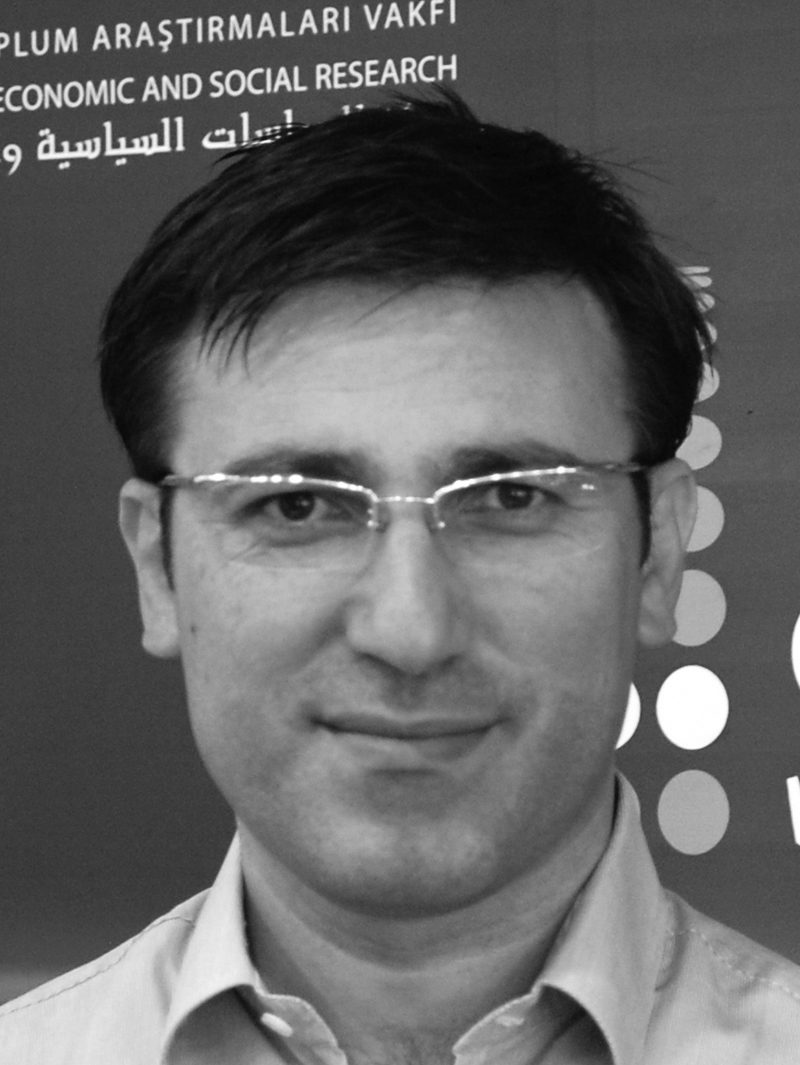Public demands for structural change in North Africa and the Middle East has brought Turkey to the global stage within a new context. The course of developments in Muslim countries and the direction the Middle East in particular will pursue is the most important item on the international agenda. Politicians and academics who discuss the topic in local and foreign media frequently mention Turkey as well. Questions like whether Turkey can serve as a model and be a source of inspiration for political and social change are asked. What experience does Turkey have? Which fields does it have the potential to impact? Can it contribute to change and transformation? How do the West and the Muslim world feel about Turkey’s role in the region? These are enlightening questions that Turkey should answer.
The Muslim world is not homogenous
The Muslim world encompasses a wide region. There are 57 Muslim countries that are members of the Organization of the Islamic Conference (OIC). Islam is a religion that has spread to almost every part of the world and has more than 1 billion followers. “Muslim society” is a broadly pluralistic one, but from the outside Muslims are perceived as homogenous. In light of historical experience and current facts, we can say there are different Islamic countries and different Islamic experiences spread across a broad region, from the Balkans to the Far East, from the Caucasus to Africa. When making an assessment about the Muslim world’s demand and quest for change, it is vital to keep this diversity in mind to avoid the mistake of undermining the demands, and to not produce a new Orientalist discourse. The Muslim world can be divided into two general sections: countries that have experienced colonization and still suffer from its effects and countries that have not experienced colonization and can build their own futures. Islamic countries that suffered from colonialism faced big challenges during the establishment of their nation-state and when they declared their independence many failed to overcome crises in establishing an administration based on public support and the national will. It would be better to evaluate the events in Tunisia and Egypt in light of these historical experiences. Meanwhile, Turkey, which has not gone through such an experience, has managed to become a pivotal country in terms of consolidating civilian power, abolishing military tutelage, expanding religious freedoms, improving the economy and adopting a successful foreign policy despite a grueling journey towards democracy. Several states were founded in the Middle East after the fall of the Ottoman Empire. When declaring their independence from colonialists and setting up their nation-states, they applied different models. Different models ranging from socialism to an Islamic state model, which aroused controversy, were tested, but the legitimacy problem lingered. Turkey stands out at this point because of its experience in institutionalizing political participation by adopting a multi-party system and in representing the public will in the legislative and executive branches, in other words in giving sovereignty to the people. Turkey is a country that is able to understand the developments in the world better than most countries in the Muslim world. Other countries lagged behind in taking the initiatives that were taken in Turkey during the period of late Prime Minister Adnan Menderes and late President Turgut Özal, and accelerated during the term of Prime Minister Recep Tayyip Erdoğan. (Such initiatives include improvements in education and freedom of thought and expression, diversity of the media, the downsizing of government, the rise of new economic classes, the construction of a social state and the establishment of a balance between democracy and security.) These experiences in Turkey encouraged and empowered those demanding change in the Middle East, albeit implicitly. With the end of taking control of their futures, people have started demanding civilia
